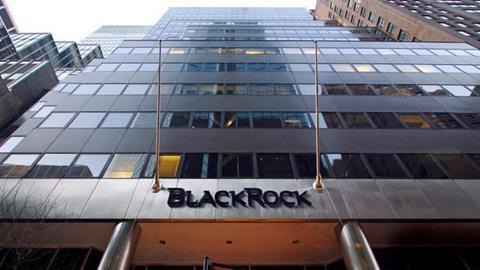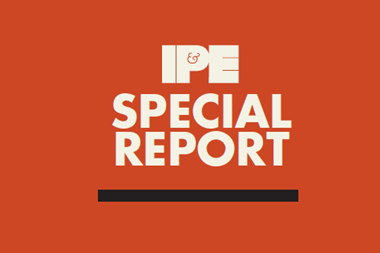One of Europe’s biggest asset managers has criticised index provider MSCI for allowing into its benchmarks companies with unequal voting rights in their share structures.
MSCI announced yesterday that it would launch a range of benchmarks to account for companies such as Snap, owner of the Snapchat smartphone app, which does not give shareholders any voting rights. However, its regular indices would continue to treat them the same as other companies.
Sacha Sadan, director of corporate governance at Legal & General Investment Management (LGIM), said: “LGIM is disappointed to see the U-turn by MSCI on the equal rights of shareholders.
“This means MSCI default indices will not be taking voting rights into account after a long consultation initially launched in June 2017, despite a majority of investors wanting indices to reflect the equal rights of shareholders. The result is that stocks like Snap with zero voting rights will be allowed back into MSCI indices.
“Voting rights are vital for a well-functioning market by providing critical market mechanisms to hold management to account. The failure to protect investor rights, we believe, could damage the ability of the market to function in investor interests.”
MSCI’s decision followed an 18-month consultation regarding the treatment of such share structures that the index provider said had exposed a split in opinion among major institutional investors.
In a statement yesterday, MSCI said it continued to support the “one share, one vote” principle, which it acknowledged had gained “overwhelming support” from those providing feedback.
“The treatment of unequal voting structures in equity benchmarks, however, has proven to be a polarising question among international institutional investors,” MSCI said.
“For instance, while many participants felt strongly that benchmarks should be adjusted to reflect unequal voting structures, other participants highlighted that the question of unequal voting rights should be addressed holistically by the stakeholders that are responsible for operating, regulating and investing in equity markets. These stakeholders include, among others, securities regulators, stock exchanges, asset owners and asset managers.”
As a result of the decision, any companies with share structures that offer some shareholders greater influence than others would continue to be eligible for its main indices at their “free float market capitalisation weight”, the provider said.
The new index series, meanwhile, would specifically include shareholders’ voting rights among its eligibility criteria, and would be designed as an alternative to MSCI’s main benchmarks. The indices are slated for launch in the first quarter of 2019.
Alternative approaches
MSCI’s decision chimes with a proposal put forward by BlackRock earlier this year regarding the treatment of dual share class structures.
BlackRock vice-chairman Barbara Novick in April called for regulators to be made “the arbiters of corporate governance standards for publicly listed companies”.

Novick said in a letter to MSCI president Baer Pettit: “We recognise the potential benefits of dual class shares to newly public companies as they establish themselves. However, we believe that these structures should have a specific and limited duration.”
Index providers could aid good governance by creating “alternative indices” to allow investors to reduce or screen out their exposure to companies with “unequal voting rights”, she added.
Social media giant Facebook’s dual share class structure was challenged last year by Swedish pension fund AP7, one of its largest investors, which succeeded in forcing the US company to abandon plans to issue voteless Class C shares. Richard Gröttheim, chief executive of AP7, claimed the move would have cost investors as much as $10bn (€8.1bn).
Last year, S&P Dow Jones Indices said it would no longer add companies with multiple share class structures to its S&P Composite 1500 index.








